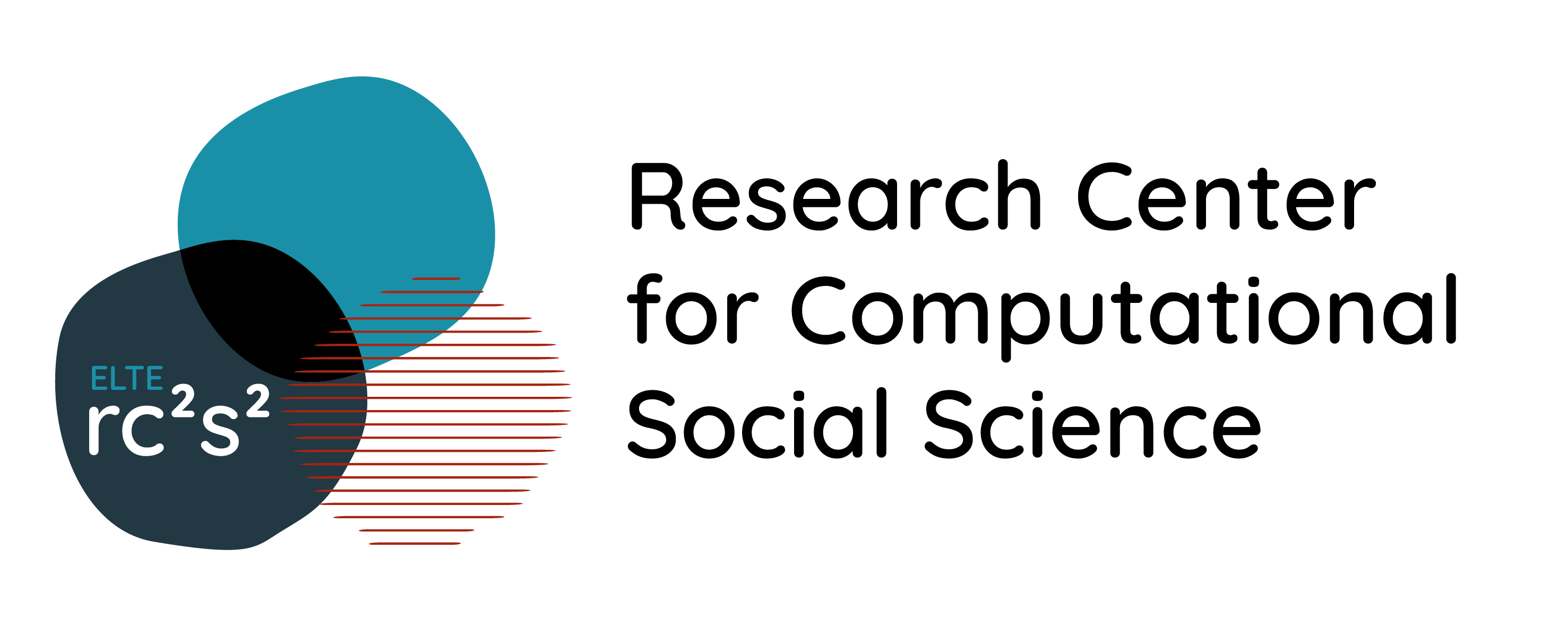Scholars and policy makers often expect Holocaust education to effectively address current issues in societies as racism, antisemitism, and hate. However, the question of what “Never Again!” actually means for todays diverse societies, what to teach and how to achieve these learning goals seem not to have no clear answers, differing by national contexts and their understanding of commemorating, resulting in often challenging situations for teachers. (Trans-)national memory politics result in complex expectations and policies around Holocaust education and therefore often challenging situations for teachers. Thus, this paper looks at how memory politics influence policies and practices of Holocaust education in preservice teacher education programs in three cases with differing history, Austria, Canada and Israel and how societies can learn from each other to develop Holocaust education and educators in the future.
